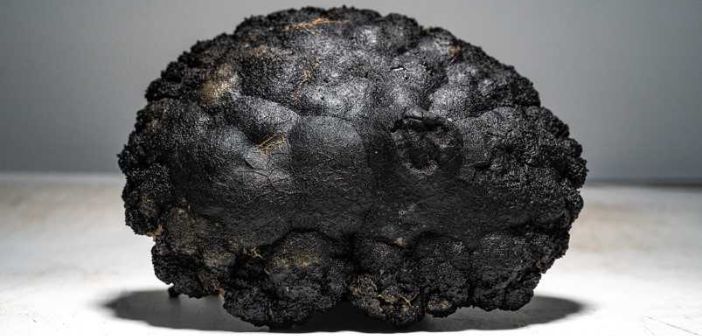A new study has discovered that a type of deep-sea rock could reduce the carbon footprint of EV battery production.
Polymetallic nodules found on the sea floor contain four of the key metals – nickel, cobalt, manganese and copper – required in EV batteries within one land-based ore, according to the peer-reviewed paper, titled Life Cycle Climate Change Impacts of Producing Battery Metals from Land Ores versus Deep-Sea Polymetaliic Nodules
While the current mining process for nickel is reportedly carbon intensive, the production of battery metals from the deep-sea nodules could reduce active human emissions of CO2e by up to 75%, stored carbon at risk by 94% and disruption of carbon sequestration services by 88%.
Published in the Journal of Cleaner Production and commissioned by DeepGreen Metals, the study compared sourcing metals for one billion EVs from land ores and from the sea floor. It found 156,000km2 of land would be disrupted in the mining process but only 2,100km2 of seabed would require deep-sea tailings disposal.
The study’s lead author, Daina Paulikas of the University of Delaware’s Centre for Minerals, Materials and Society, said: “We hope this work motivates others to dive deeper into supply chain analysis for the clean energy transition, and specifically to pay attention to the impacts of producing critical minerals like the ones we studied.
“Given the expected 500% increase in mineral requirements for clean technologies, I think we have a shared responsibility to take a planetary view and think through all aspects of mineral production to ensure that this resource-intensive transition does not exacerbate climate change.”
Demand for low-carbon metal sources is said to be increasing, with Tesla’s Elon Musk recently promising “a giant contract” for nickel mined “efficiently and in an environmentally friendly way”.





